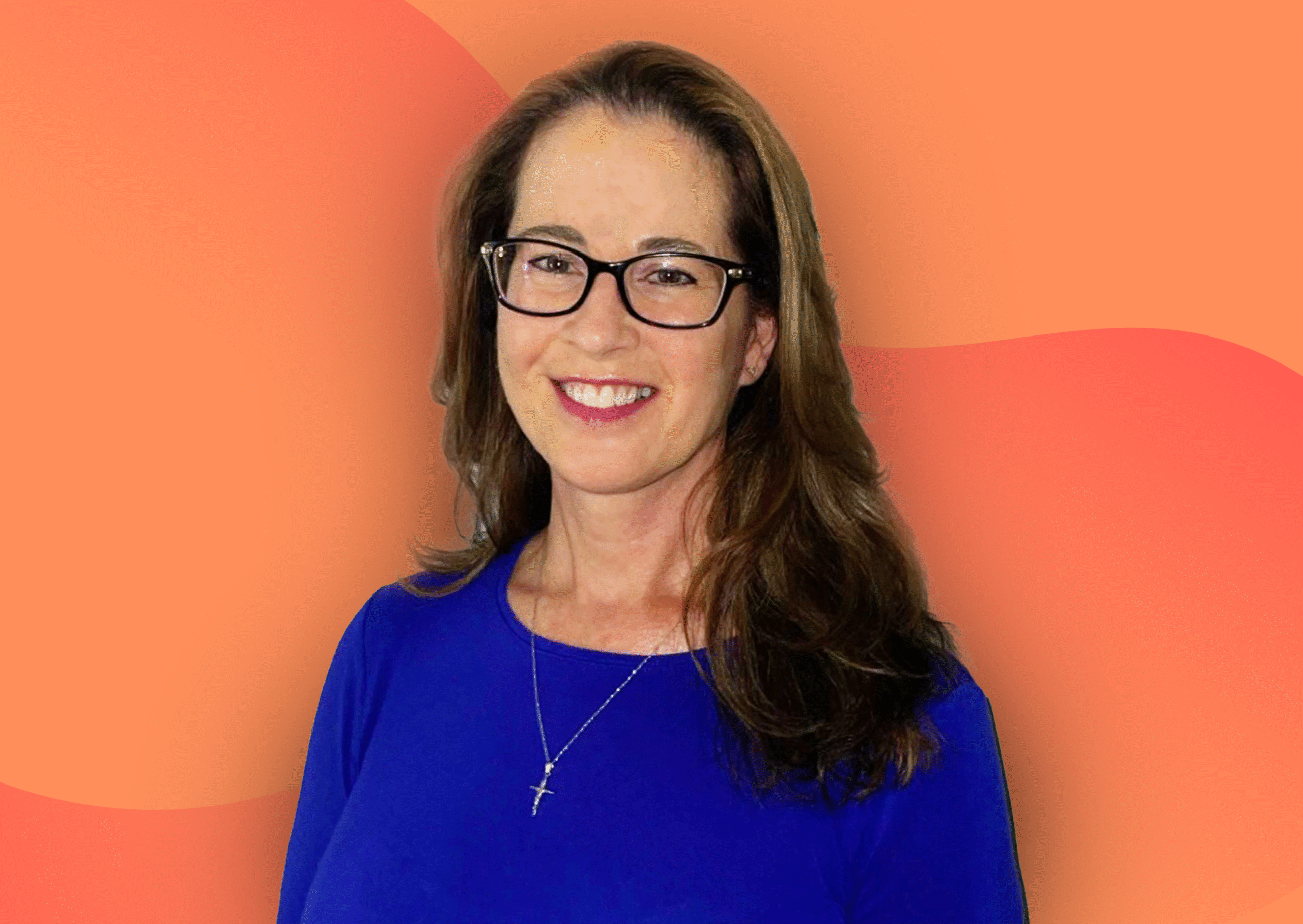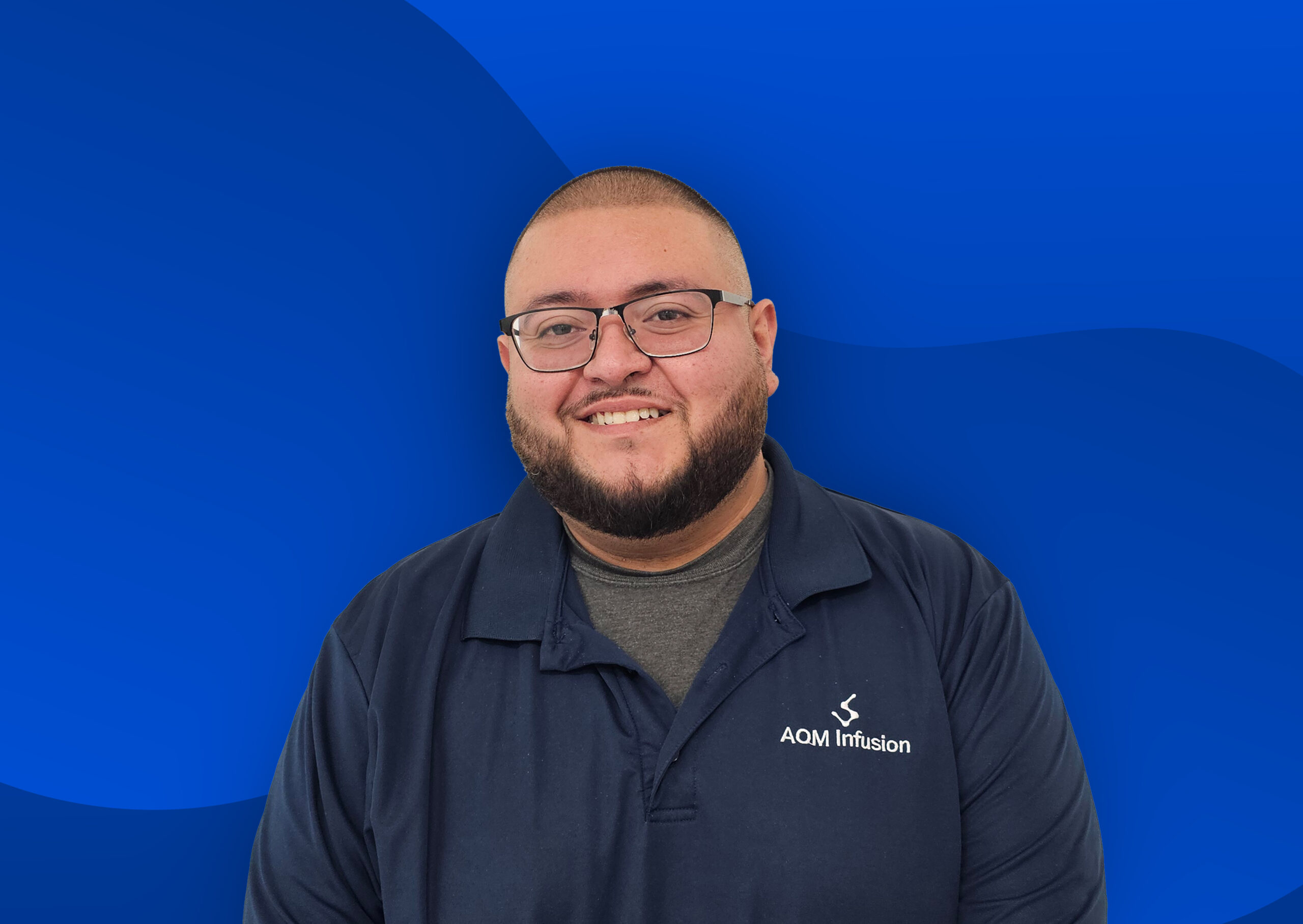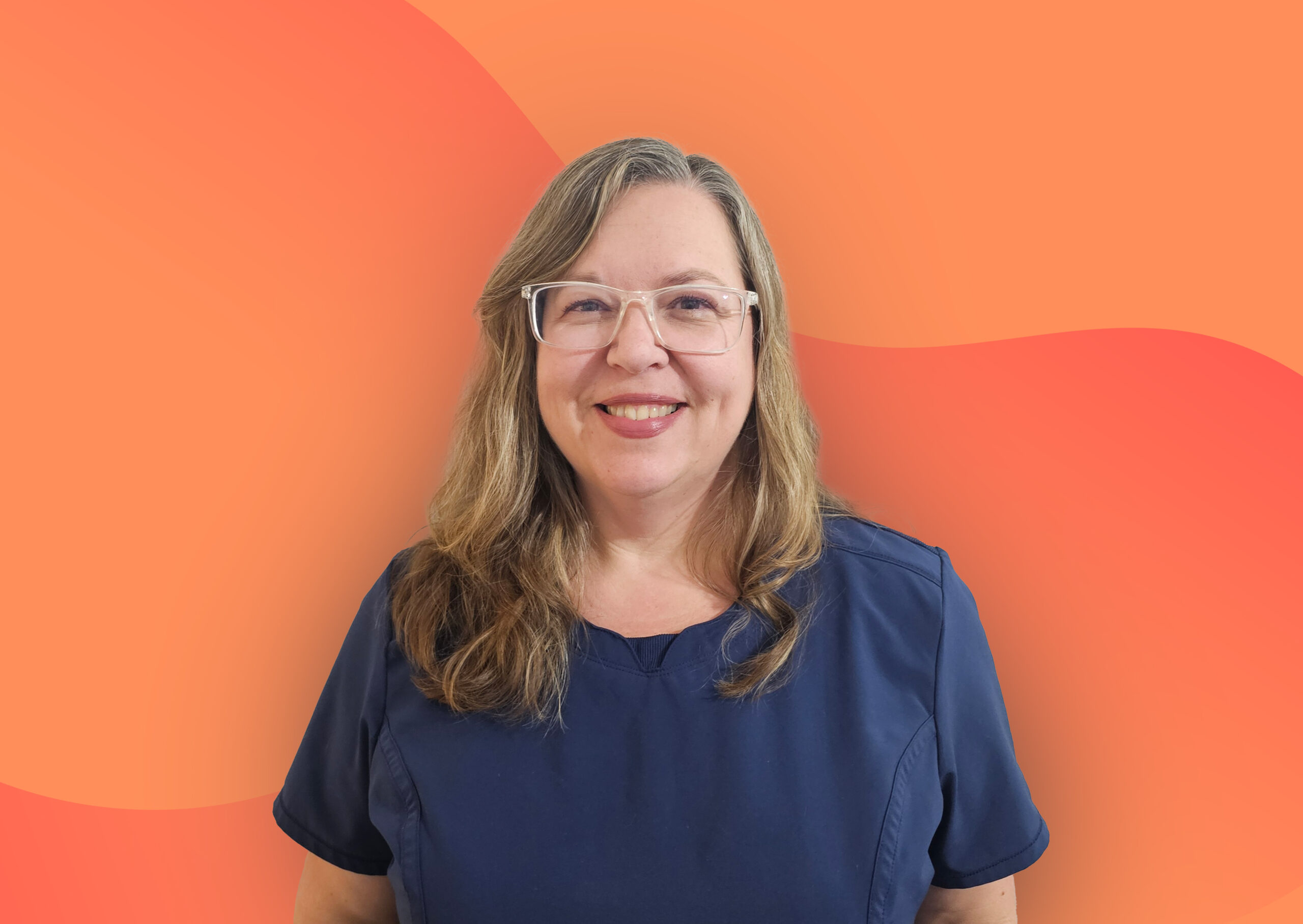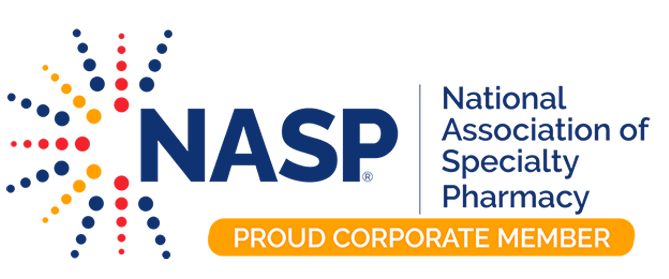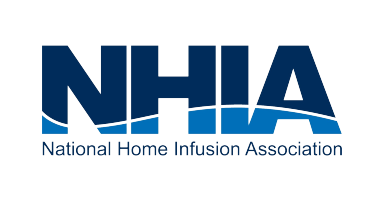“I’ve never really seen nursing as a job. It’s always been a mission, a kind of ministry for me,” explains Lisa Stofko, RN, BSN, CRNI, IgCN. “It’s not what I do, it’s just who I am.”
As a nurse for more than three decades, Stofko traces the origin of her mission to her childhood. Her father battled polycystic kidney disease and was put on dialysis at an early age. Later, as a freshman in high school, Stofko lost her sister in a car accident. Both left an imprint on the young Stofko. Her early experiences with hospitals, doctors and nurses sparked an interest in caring for others.
Stofko credits St. Luke’s Hospital School of Nursing in Pennsylvania for preparing her for the days to come. “It was a very intensive and disciplined program,” she notes. “We had our own hospital and we worked at the hospital every day. That discipline and structure really prepared me for lifelong learning and lifelong change.”
Embracing the Unexpected Side of Nursing
After graduating, Stofko worked as a critical care nurse for five years. “While I was at the hospital, I had a friend, a judge, who asked me to do physicals at our local maximum-security prison,” she recalls. “I went in on my free time to do physicals.”
Surprisingly, she liked working with the Department of Corrections. “When my children started school, I transitioned there full time. I spent almost a decade with the local maximum-security prison, caring for both men and women. I loved the discipline of it, and that it allowed me to raise my children and have better hours than the hospital.”
Working in the prison setting meant interacting with the Department of Health and a local physician's AIDS Activity Office at the height of the HIV crisis. “That relationship allowed me to transition seamlessly into home care,” Stofko admits.
While home care offered a mix of patients — hospice, wound, ventilator, tracheotomy and more — she discovered one need wasn’t being filled. “Twenty-five years ago, nobody was really doing IV therapy in the home, so I started creating my own caseload,” Stofko reveals. “Before long, most of my home patients were IV patients.”
Stofko’s stellar IV skills made her a good match with AOM Infusion. “I first worked with AOM as an agency nurse in 2008. By 2012, they asked me to join as a regular per-diem nurse.”
Meeting Patients Where They Are
As an IV infusion nurse, Stofko acknowledges that helping patients and their families manage a difficult diagnosis can be hard. “Even so, I find being able to meet people where they are and get them somewhere better is the greatest reward,” she shares.
Meeting people where they are means understanding that everybody comes from a different place in life, listening to their fears, and helping dispel them.
“Sometimes when I meet patients they think, ‘That’s it, I have a chronic disease and I’m never going to be able to do anything.’ I help them understand you can go to school, you can have children. This chronic condition and treatment are going to fit into your life. We’re going to make it all work.”
Empowering a Better Quality of Life
Among Stofko’s current patients are individuals she’s been treating for decades. “There are some whom I’ve seen every single week for 25 years. Most are like family,” she reveals. “There is nothing better than a patient saying, ‘I’m so glad you’re here. I can’t wait to tell you this.’ That’s exciting to me — especially when it’s someone who may have been very private or reserved when we first met.”
Seeing their enthusiasm and triumphs over their illness up close and personal is a testament to dramatic advances in therapies and treatment protocols.
“Living with a chronic condition is absolutely better today than it was 25, 30 years ago,” Stofko confirms. “The medications are better, the side effects are fewer. Even the medical supplies we use are better. Everything is safer. Treatment is less time consuming. Patients who used to have to go to the hospital for treatment can now get it every Tuesday at 6 p.m. when they’re done working. I try to make therapy fit into people’s lives so they don’t miss their children’s baseball games or vacations. I have patients who go right back to work at their computer after I put in their IV. I put the IV somewhere where they can forget it’s even there and they just go about their day. They can hold their baby in one arm and have a portable pump in a shoulder bag and move around the house. They can even vacuum if they want. Patients always say to me, ‘I didn’t realize this would be so easy.’ You’d be surprised how seamless living with a chronic illness becomes when you find a really good nurse.”
Becoming a Really Good Nurse
Of course, really good nurses know their patients. They understand what they do in their everyday life. They provide quality care to everyone without judgement or implicit bias. “You never know what someone else is dealing with,” Stofko adds. Everybody deserves really great care.”
For infusion nurses, the IV skills have to be first class, too.
“I don’t ever want patients to be fearful about my ability to put in an IV line. I don’t ever want that to be a cause of anxiety going into someone’s home. When I was in nursing school I worked as a phlebotomist, so doing 40 draws a day helped me. After I graduated, it was the time of HIV and we were drawing 40 to 50 lab draws a day. Those experiences allowed me to get very, very good at vascular access on very difficult patients.”
Certifying Infusion Excellence
Perhaps there is no greater signifier that patients are in expert hands than the Certified Registered Nurse Infusion (CRNI) and Immunoglobulin Certified Nurse (IgCN) badges of excellence.
Stofko earned her CRNI certification and wanted to continue her education. “I really wanted to earn the IgCN certification because I’ve been infusing immunoglobulin for over 20 years,” Stofko admits. “Certification is a lot of money out of pocket, though, so when our new leadership took over, I asked if they would open it up to nurses in the field. They said yes, and I’m really proud of AOM. I’ve always wanted to work for a company that values education, and I think our new management really does.”
For AOM, investing in certifications is a sign of respect and caring for their nurses — an understanding that their frontline care providers gather invaluable knowledge that is literally life changing.
Stofko recently received a call from a former patient who reminded her of that fact. “When I met him, he had a genetic form of emphysema and was waiting for a double lung transplant, but was declining very quickly,” she remembers. “When I began giving him a weekly IV infusion, his condition stabilized and he received his double lung transplant. He has lived to watch his daughter grow up, walk her down the aisle, and enjoy being a grandfather.
“There is not a day that goes by that I don't think about him and the lessons he taught me about the importance of nursing care. When I hear someone say, ‘People don't care how much you know until they know how much you care,’ I am reminded of all the patients who entrusted me with their care. It's always a privilege.”
Ready to infuse your nursing career with more passion, purpose and opportunities?AOM Infusion is growing and looking for compassionate, talented nurses to join our team. We have rewarding positions open across the U.S, visit our careers page: https://aominfusionrx.com/careers/
